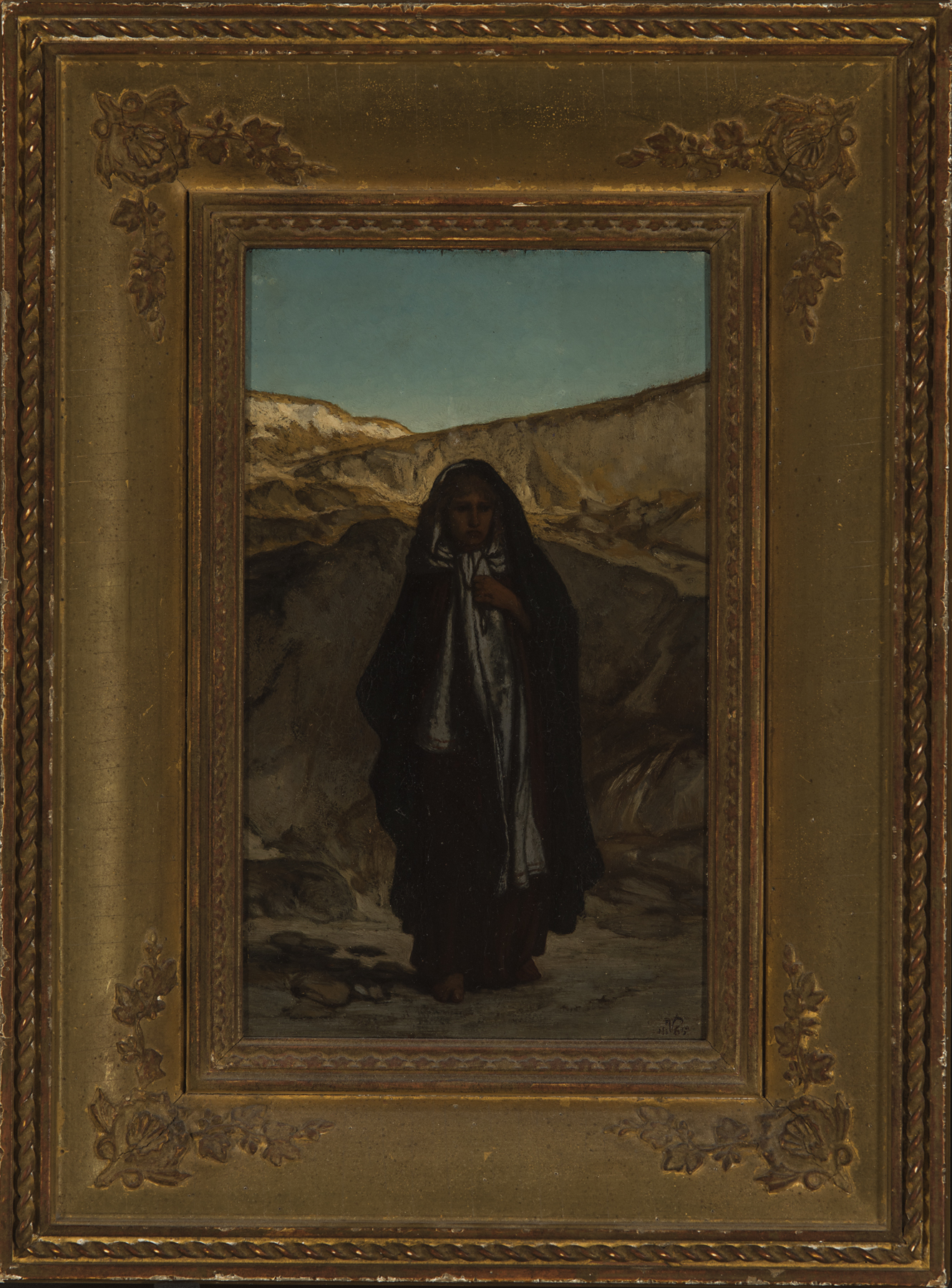Study for "The Lost Mind", Elihu Vedder
Artwork Overview
Elihu Vedder, artist
1836–1923
Study for "The Lost Mind",
1865
Where object was made: United States
Material/technique: panel; oil
Dimensions:
Canvas/Support (Height x Width x Depth): 31.8 x 19.7 cm
Canvas/Support (Height x Width x Depth): 12 1/2 x 7 3/4 in
Frame Dimensions (Height x Width x Depth): 20 1/4 x 15 x 3 in
Canvas/Support (Height x Width x Depth): 31.8 x 19.7 cm
Canvas/Support (Height x Width x Depth): 12 1/2 x 7 3/4 in
Frame Dimensions (Height x Width x Depth): 20 1/4 x 15 x 3 in
Credit line: Museum purchase
Accession number: 1975.0001
Not on display
If you wish to reproduce this image, please submit an image request






